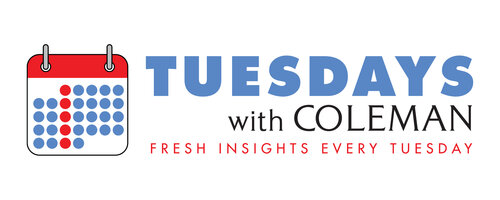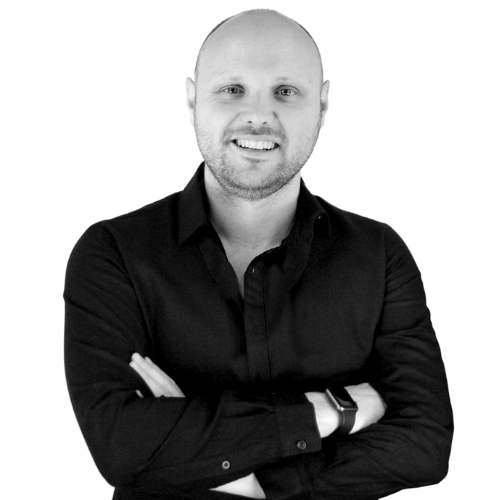
Last week I wrote about my admiration for Wade Kingsley, the Australian-based consultant from whom I’ve learned a great deal in the short time I’ve known him. Most of last week’s piece discussed creating future demand versus harvesting existing demand, terminology that comes from the Masters of Advertising Effectiveness course offered by the World Advertising Research Center, which Wade has completed and highly recommends to others.
Even if you follow Wade’s recommendation to focus more on creating future demand versus harvesting existing demand and you design your marketing campaigns with plans that cover paid media, owned media, and earned media, you’re not necessarily maximizing your campaigns’ impact. Wade argues that if your campaigns don’t connect with consumers on an emotional level—and “get people to fall in love with the thing,” as I quoted him last week—you may not see the results you want.
That’s why for this week, in part 2 of my thoughts on why you should get to know Wade, I will focus on what he is especially passionate about: creativity. Without creativity, it’s extremely hard to make an emotional connection with others through marketing.

The Ideas Business Founder Wade Kingsley
Creativity can be a funny thing because many people don’t think they are creative. Wade recently shared with me a funny observation—whenever he is speaking to a group and asks people to raise their hands if they think they’re creative, one-third of the audience doesn’t do so, and this two-to-one ratio is consistent every time he asks the question. If you’re in that one-third, don’t despair, because Wade can point you to steps you can take to enhance your creativity.
First, everyone should dispel their beliefs about not being creative. Wade feels that everyone is creative; it’s just that some of us don’t give ourselves credit for the everyday acts of creativity we do. We may feel that being creative requires doing things like authoring a novel, playing a musical instrument, or hosting a radio show. The reality is that these things are applications of creativity and one’s ability to do them is no greater an indicator of being creative than—for example—your decision to add another vegetable to a meal you are cooking.
In other words, creativity “is a confidence game,” and the best way to be confident in your creativity is to be prepared to fail. Wade feels that many people working in audio have this confidence; they know that not every element of content they create or every promotion they do is going to be successful, but if a sizable number of these efforts resonate with consumers, they will win. You learn more things from when you fail than when you succeed, and if you’re willing to fail on occasion, your confidence to apply creative thinking to the challenges and opportunities you face will grow.
Another technique Wade endorses is to start small. Before musical superstars were performing in massive stadiums in front of tens of thousands of fans, most of them were performing in small clubs or rooms in their childhood homes in front of their families. You can test out creative ideas with audiences as small as one person whose opinions you trust. Wade says, “It’s about trying to minimize your risk, but it’s important to take a risk,” adding that “failure is critical to creativity.”
One last point about creativity is that its importance will only continue to grow, as the days of copying ideas that have been executed elsewhere are dwindling. Consumers have easy access to so much more content from so many more sources than they used to, making it difficult for you to connect with them emotionally by emulating ideas executed in other markets or countries. In other words, they’ve seen it all before, so you need to bring them something new or fresh to get them to love you.
That doesn’t mean, however, that we shouldn’t look elsewhere for inspiration. I think Wade summed this up perfectly for those of us in the audio entertainment business in our last conversation when he said, “If we can just accept that there is stuff to learn, as a starting point, no matter where you are in the world, and seek to learn it, and implement it, then that will make for a much healthier industry.” That’s a way of thinking that I can get behind and I am fortunate that I know someone like Wade Kingsley who espouses it.
